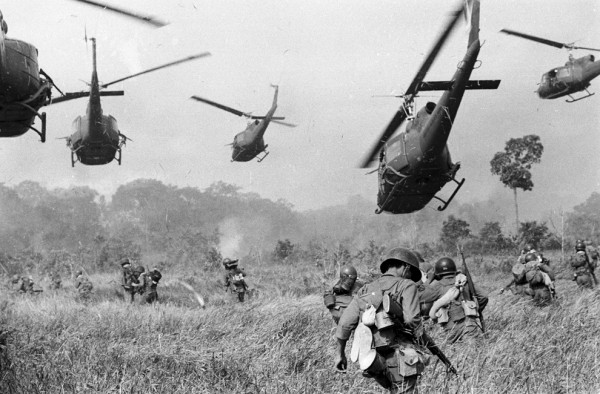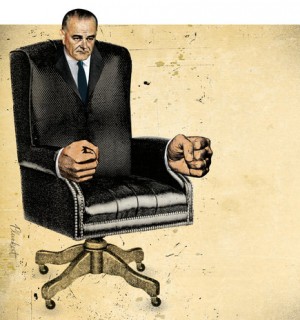Pulitzer Prize-winning photojournalist Horst Faas, who captured several iconic moments during the Vietnam War, died May 10. He was 79. Haas was the chief of The Associated Press’ Southeast Asia bureau from 1962 to 1974, where he covered the fighting and mentored dozens of young photographers who were sent out across Vietnam to capture images of the war’s terror and inhumanity. “There were no bad photographers around,” Faas told Fresh Air’s Terry Gross in 1997. “There was nobody who was [in a] second category. There’s no room for mediocre talent in situations like this.” Faas’ own images of wounded U.S. soldiers and a blindfolded Viet Cong suspect helped bring the war into American living rooms. He spent much of his time in Vietnam out in the field, following troops and Vietnamese civilians who were caught in the middle of the conflict. “That means I would go out for five days and then stay in Saigon for five days and play the editor for the others, and then go out myself again and leave another photographer in at the editing desk,” he said. “We took turns. So we all had our experiences there.” It was in Vietnam where Faas was severely wounded by a rocket fragment in 1967. A medic and a tank driver helped load him onto a helicopter, where he was dispatched to a medical facility. “The only decision I made at that time was not to go to Honolulu or New York or anywhere, but to stay in Vietnam,” he said. “One reason being that I had total trust in military surgeons who were dealing with these problems day in, day out. And secondly, I tried to avoid having my legs broken again at the New York head office and being made a photo editor at headquarters, ’cause that would have ended the great days of photography, eh?” MORE
RADIO TIMES
Historian ROBERT CARO published his first book about Lyndon B. Johnson 30 years ago. Volumes two and three were published in 1990 and 2002 and the fourth volume, “The Passage of Power: The Years of Lyndon Johnson,” was released several weeks ago. Caro begins the new book in 1958 as Johnson contemplates a run for the presidency, takes us through his years as vice president, and concludes with Johnson in the White House as president shepherding through Congress the Civil Rights Act of 1964, legislation that was considered doomed from the start. In this hour of Radio Times, Caro will discuss Johnson’s role in what is considered to be one of the most tumultuous periods of American history, as well as Caro’s own remarkable literary achievements. MORE
[Artwork by DAVE PLUNKERT]


